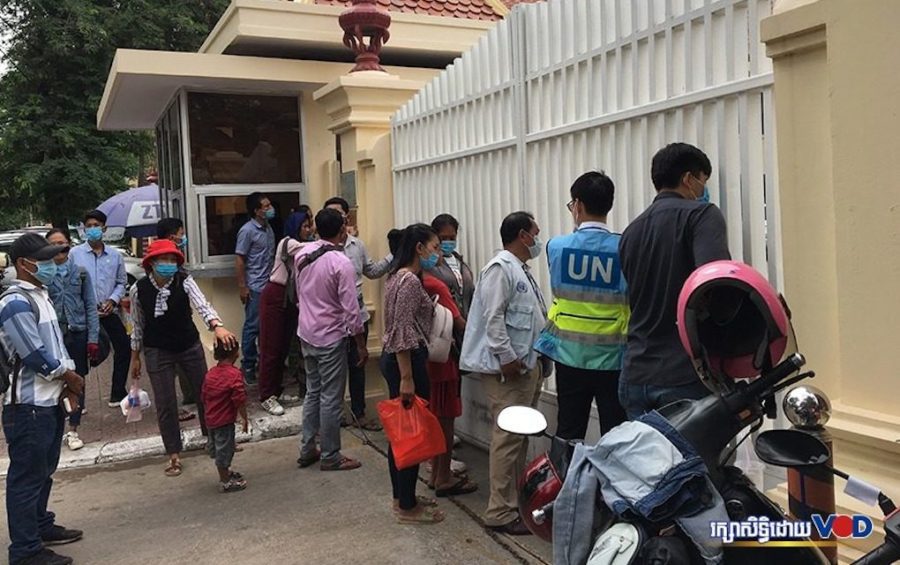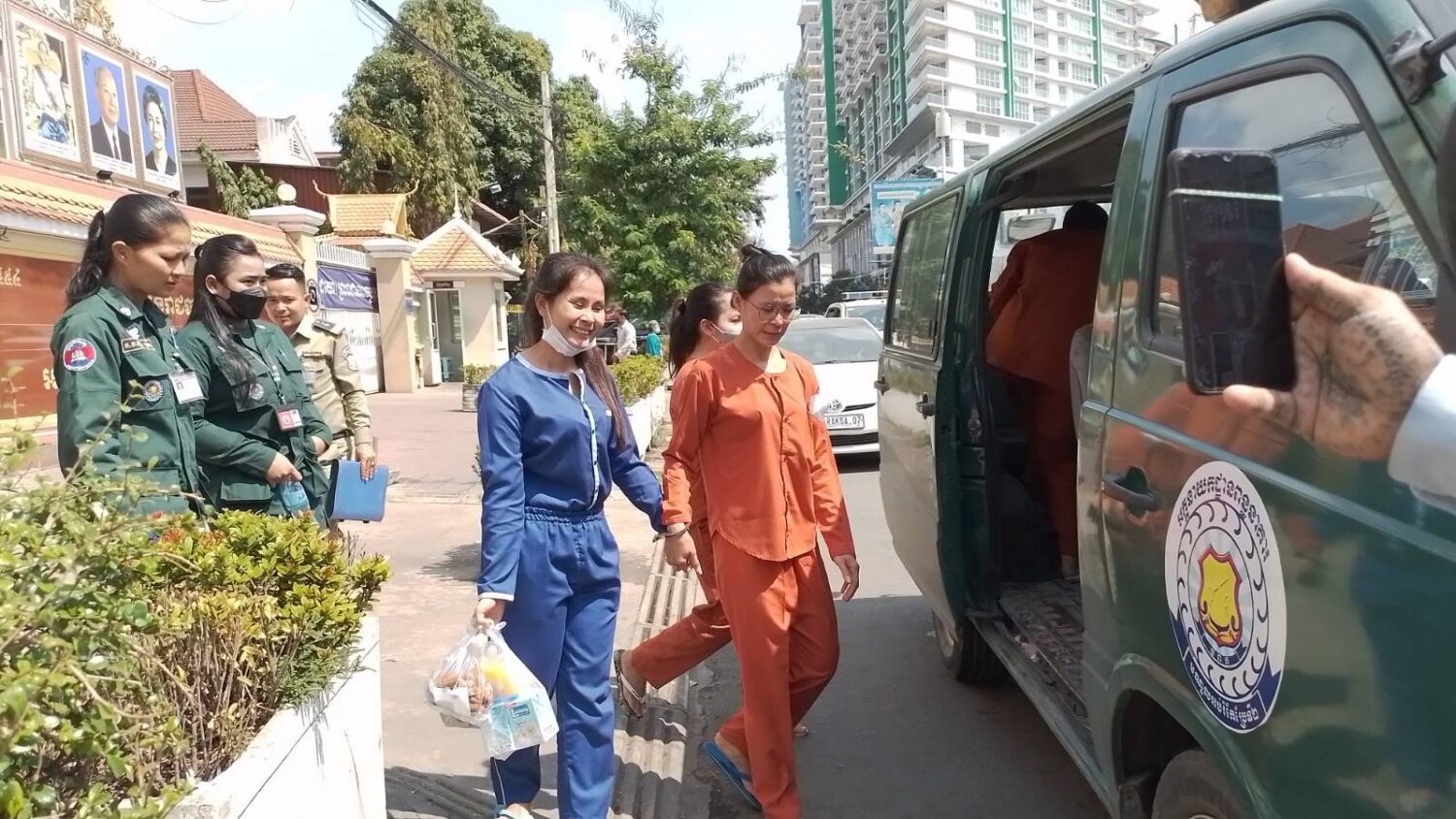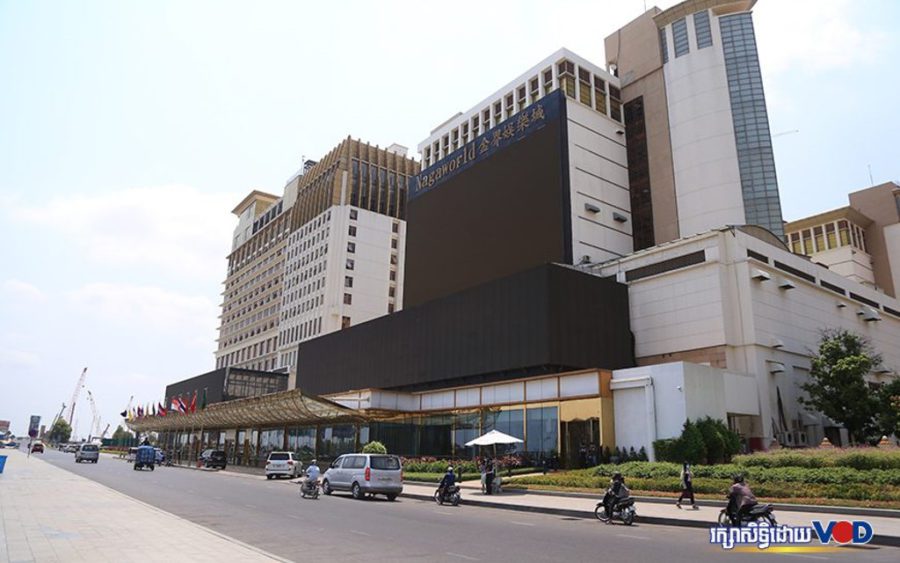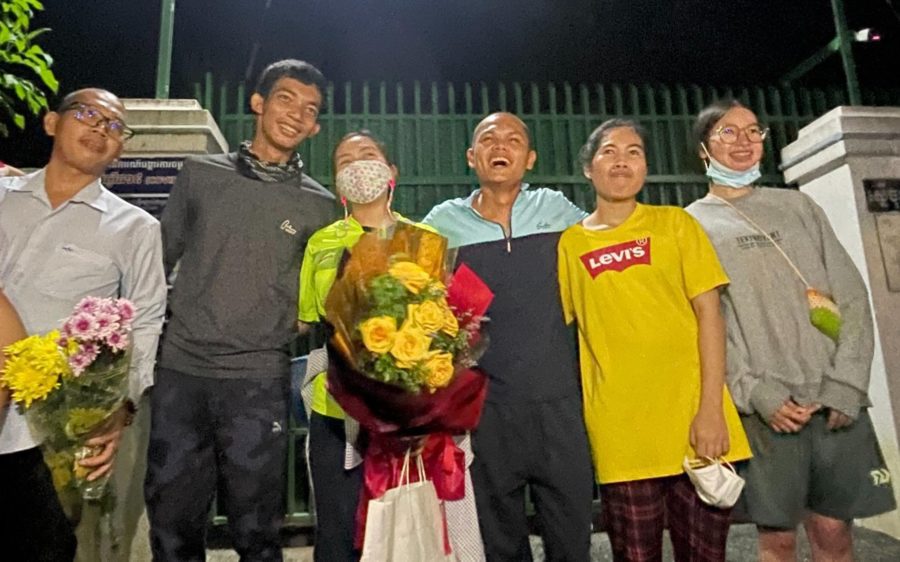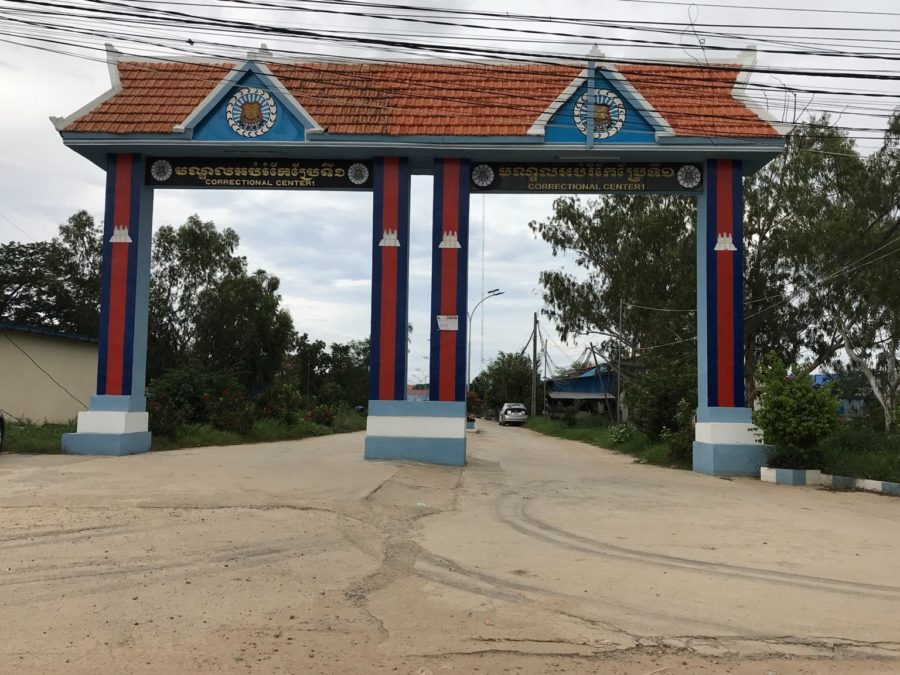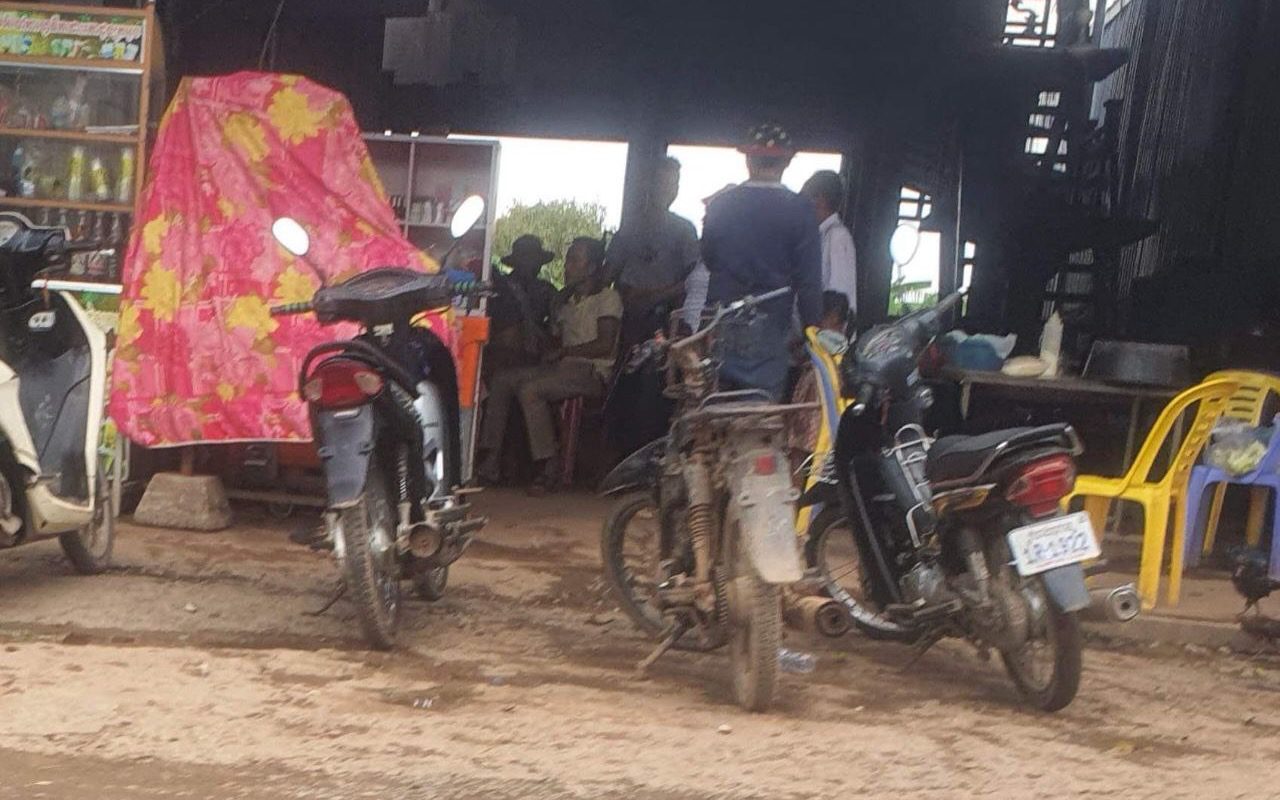Civil society observers welcomed the justice minister’s call to root out corruption in the courts, but said challenges could remain to remove politics from the country’s judiciary.
In a ceremony on Friday, Keut Rith issued a reminder to court officials that they must be “fast, accurate, fair and without corruption” as he spoke of reforms to strictly and ethically enforce the law.
The country’s laws have been frequently criticized by international observers. Transparency International ranks Cambodia 160th of 180 countries for perceived corruption, noting a need to strengthen institutions responsible for promoting the rule of law.
Cambodian Institute for Democracy director Pa Chanroeun said he welcomed reform in the justice system, but suggested there would need to be mechanisms of accountability to prevent political influence, such as allowing people to give feedback.
“In recent years, according to the report of those who study the justice [system] in Cambodia, political influence has penetrated deep,” Chanroeun said. “Therefore, maintaining the independence of those who work in the field of justice and the judiciary is necessary for Cambodia to ensure that the minister’s solemn declaration can come true.”
Often cited against the judiciary are a slew of court cases against remaining supporters of the opposition CNRP — itself controversially outlawed by the Supreme Court in 2017.
Am Sam Ath, monitoring manager of local human rights group Licadho, said the success of reform would depend on judges and prosecutors following the law and ethics without political interference.
“As long as each judge is independent and independent in decision-making,” Sam Ath said. “[They] must not be involved in corruption, politics, partisanship or anything else until all of these are gotten rid of. Then it will be possible.”
Vorn Pov, president of the Independent Democracy of Informal Economy Association, a union for informal workers, said several workers and union leaders were currently facing court charges. He has had a case hanging over him for six years, he said.
“Let’s see if all the union leaders get justice, including me. [If we] get justice, we’ll believe that his statement is really effective,” Pov said. “But if hundreds of thousands of injustice cases continue to face injustice, it is the same thing. Especially in the case of land [disputes]. I see the landowners have been imprisoned, and the land grabbers like okhna have not been arrested.”
CPP spokesperson Sok Eysan could not be reached for comment.
However, Justice Ministry spokesperson Kim Santepheap said there was no law that allowed judges to be given orders by politicians, and any individuals who strayed from ethical behaviors would be held personally responsible.
The minister’s call was about improving public confidence, and action would be taken against judicial officials who violate the law, Santepheap said.
“For individuals who are not yet awake, law enforcement [action] will be taken,” he said.


